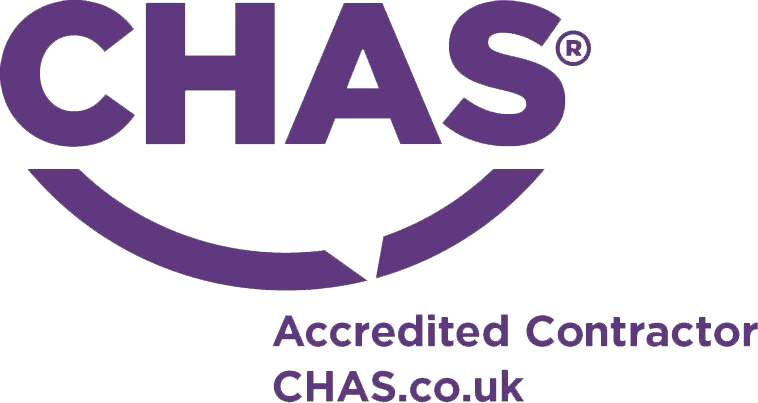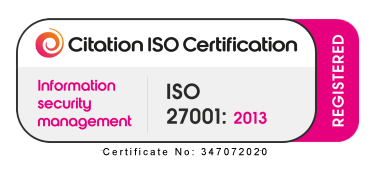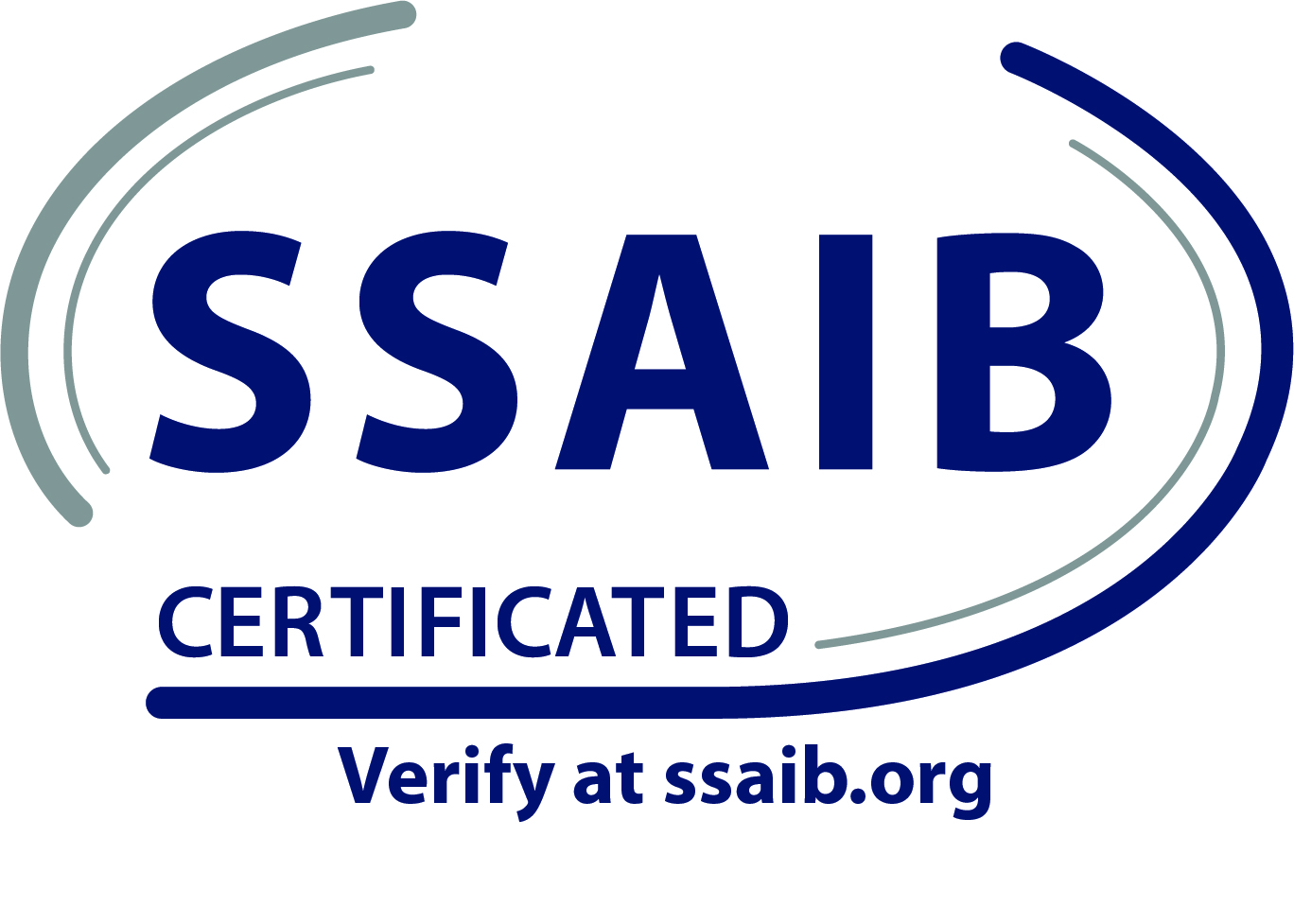Security For Educational Security
Security is a major concern for all schools, universities and colleges across the globe. Educational institutions face unique threats that require effective security measures to be put in place. Educational facilities must have well-rounded security protocols that cover physical, digital, operational and human elements to ensure their students are safe and secure.
Physical security is an important factor for educational establishments as these institutions must ensure the safety of their premises, staff and students from both external and internal threats such as theft or vandalism. To protect people entering their premises, metal detectors may be installed at entrances which can help detect any suspicious items being brought into the building. Additionally, cameras can be strategically placed to monitor hallways, classrooms and other public areas in order to deter criminal activity. Educational institutions must also have clear policies in place for visitors to obtain permission prior to entering the premises, with lockdown procedures that can be activated if needed.
Digital security is becoming increasingly important as educational organisations become more reliant on technology and the internet. Providing access to a range of digital tools and resources exposes schools, colleges and universities to potential cyber threats such as data breaches, malware and ransomware attacks. Educational establishments should implement strong passwords across all their systems to protect them against cyber-attacks and emphasise the importance of password protection to students so they are aware of its significance. Educational organisations should also ensure that any software or applications being used are up-to-date to reduce vulnerability from hackers and malicious activity. Furthermore, IT staff should regularly back up data to ensure that important information is not lost in the event of a security incident.
Operational security within educational institutions involves protecting their premises from any suspicious activity and providing staff with appropriate training so they can respond effectively during an emergency. Educational organisations should create a clear plan for responding to threats, such as fire or active shooter situations, so that everyone knows what to do if needed. All staff members should be given appropriate training on how to use first aid kits and fire extinguishers, as well as know where exits are located in case of an evacuation. Educational buildings should also have adequate lighting outside their property so that anyone walking around at night is visible and can easily be seen by CCTV cameras.
Finally, human security is an important element for educational institutions to consider. Educational organisations must ensure their staff and students feel safe and secure by providing a safe learning environment that encourages open communication among all members of the community. Educational establishments should provide support services such as counselling, psychological help and emergency helplines so that students can seek help if needed. Educational institutions should also have anti-bullying policies in place which focus on prevention, intervention and education.
It is essential for educational organisations to implement effective security measures across all areas of their institution in order to protect student safety and wellbeing. Schools, universities and colleges must take into consideration physical, digital, operational and human security in order to create a secure learning environment for everyone involved. Achieving this will require a multi-faceted approach, with clear policies and procedures that are regularly reviewed. Doing so will ensure the safety of all staff and students within educational institutions and promote an atmosphere of trust and respect throughout the community.










